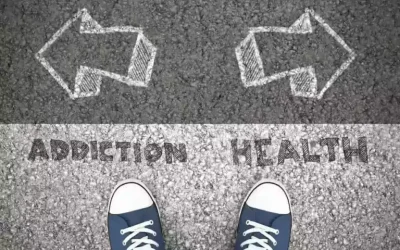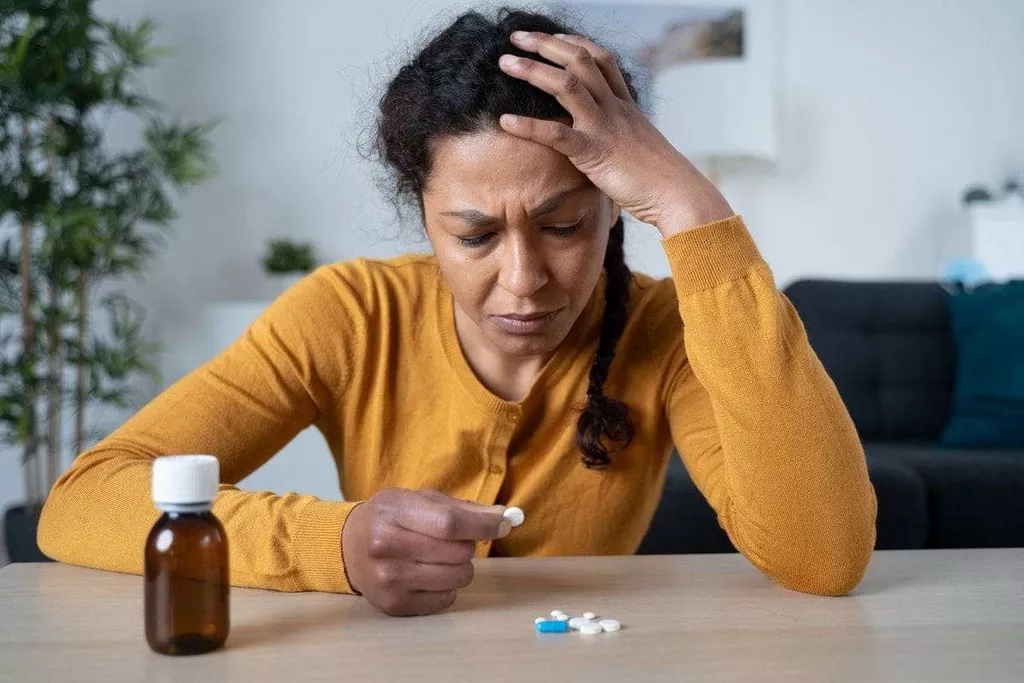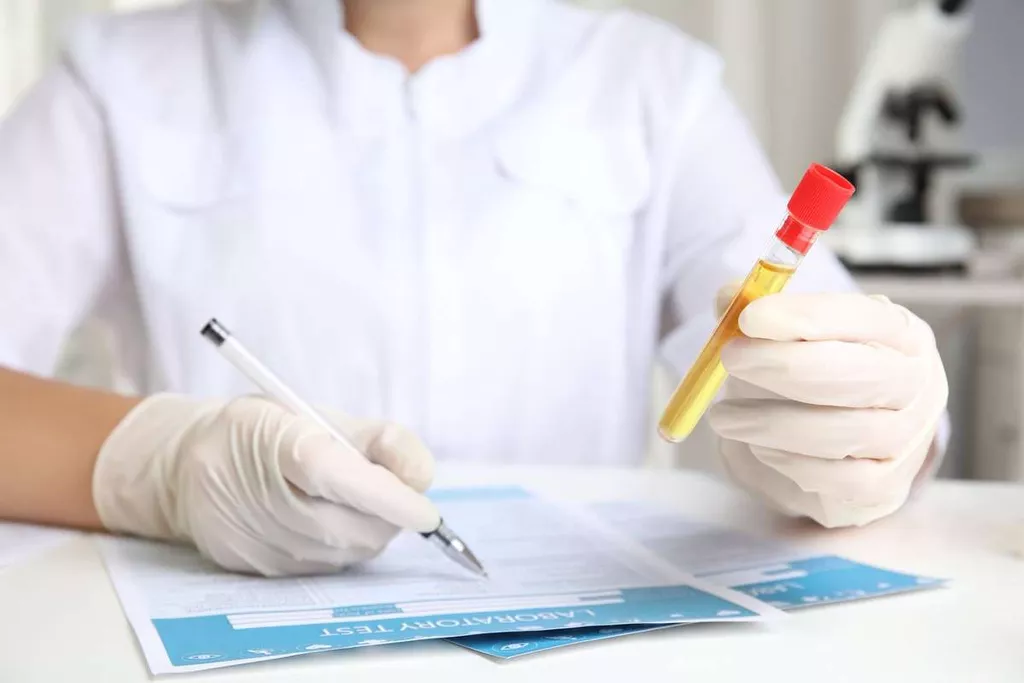You also know intimately the effect that their suffering has on their relationship with you and the rest of their family. For example, rehabs with an on-site pool such as Laguna Treatment Center might recommend packing a swimsuit or swim trunks. Or a facility with equine therapy such as Oxford Treatment Center might recommend that you bring jeans and boots for horseback riding.

Does Involuntary Commitment Work?
However, here are some essentials you’ll find on most facilities’ packing lists. Even if an intervention doesn’t work, you and others in your loved one’s life can make changes that may help. Ask other people involved not to feed into the destructive cycle of behavior and take steps to make positive change. In some cases, your loved one with an addiction may not accept the treatment plan. They also may be resentful and accuse you of betrayal or being a hypocrite.
- Strategies may include developing coping mechanisms, identifying triggers and high-risk situations, practicing mindfulness and self-awareness, and building a solid support network.
- About 800,000 people in the United States have a heart attack every year.
- Cardiac rehabilitation may start while you are still in the hospital or right after you leave the hospital.
- With the right resources and support system in place, recovery is possible.
Medically Supervised Detox
With the right resources and support system in place, recovery is possible. It’s important to note that detoxification alone is not a comprehensive treatment for addiction. After detox, individuals should engage in further treatment to address the underlying causes of addiction and develop long-term strategies for recovery. Deciding to intervene in a person’s drug or alcohol use can be something of a judgment call and may require a second opinion from other loved ones or health professionals. Most people who become addicted to a substance will either be unaware or in denial of their problem.
Step 2: Ask About the Cost of Treatment and Insurance Coverage
When exploring treatment options, it’s important to understand the differences between inpatient and outpatient programs. Before making any decisions, it’s essential to research and gather information about different rehab facilities. Look for facilities that specialize in treating the specific substance or addiction your loved one is struggling with. Consider factors such as the facility’s reputation, accreditation, treatment approaches, and success rates. It’s very important that individuals in recovery continue to receive support and care after rehab as well. Temptations and cravings often pop up for years after, especially in times of stress.
If you think it’s important to have someone involved but worry that it may create an issue during the intervention, consider having that person write a short letter. An intervention how to get someone into rehab gives your loved one a chance to make changes before things get even worse. Make sure you are eating healthy, exercising often, and getting enough sleep every night.
Types of Addiction Treatment Available
Our free tool provides options, advice, and next steps based on your unique situation. Many in recovery find fulfillment in mentoring others or sharing their experiences at support groups. You can join organizations supporting addiction recovery and educate your community about recovery’s challenges and rewards. Your new sober life includes rebuilding existing relationships and forming new ones to nurture your recovery. Connect with sober friends, attend recovery meetings (AA, NA, SMART Recovery), and lean on supportive family and professionals.
Additionally, family therapy can be advantageous because it involves loved ones in the recovery process and helps rebuild relationships. Detoxification refers to a series of therapies that treat severe withdrawal symptoms and eliminate poisons from the system of an acutely intoxicated and dependent client. Detoxification aims to reduce the negative physiological effects of substance misuse. Under medical supervision, toxic substances are eliminated from the body. Medical professionals can provide medications and support to alleviate withdrawal symptoms, making the process safe, pleasant, and feasible.

The Can’s and Can Nots of Addiction Treatment
If needed, Beachway Therapy Center has licensed interventionists on staff who are ready to help. This is because drug abuse triggers and situations that lure people into drug use vary widely. So, it’s important to know the different types of treatment available and choose the one best suited for your loved one. Interventions can be a powerful tool that may help save a loved one’s life.

How to Help a Loved One into Rehab
By approaching these challenges with understanding, resourcefulness, and support, you can help your loved one overcome these obstacles and embark on their path to recovery. There are many family-based approaches that encourage open communication and family unit healing. Addiction is often not just an individual disorder but a disease that impacts the person’s entire family unit. FBT may involve the person suffering from addiction and one additional family member, like a partner, or in the case of adolescents, parents, caregivers, or siblings. FBT is tailored to fit individual needs and teaches you about healthy communication styles to help the entire family unit overcome addiction among a myriad of other family-related challenges. Once you have recognized the need for rehab and had the crucial conversation with your loved one, it’s time to navigate the logistics of getting them into a rehab program.
Man checks into rehab after three Kansas City Chiefs fans found dead in his backyard – Yahoo News Canada
Man checks into rehab after three Kansas City Chiefs fans found dead in his backyard.
Posted: Fri, 10 May 2024 15:45:26 GMT [source]
